Today we’re going to be talking about the lens filters that we find most useful for landscape photography.
Landscape photography can be quite daunting at times when you see other people’s images that are more vibrant, more full of life than what you are capturing. Filters are a great first step to improving the quality of your landscapes and below are 3 of our essential picks for landscape photography filters.
1. Graduated Neutral Density Filter
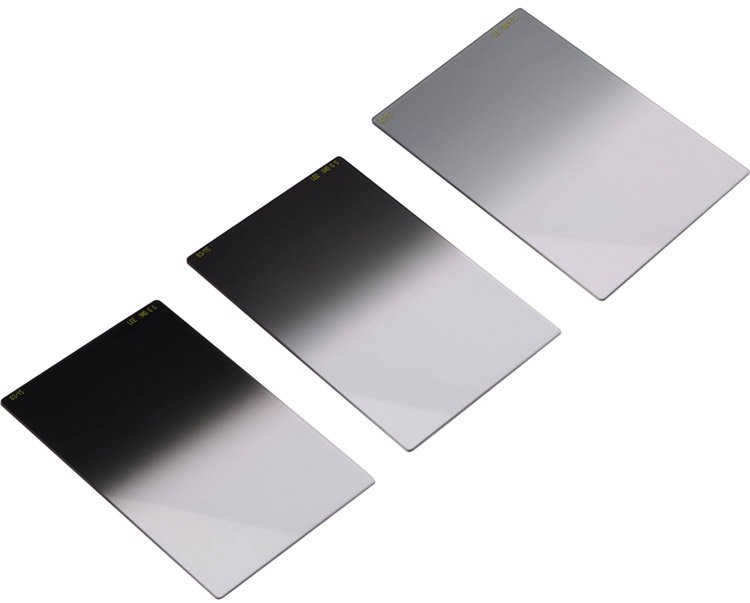
A graduated natural density filter helps get rid of one of the biggest problems in landscape photography – when the landscape is too dark and the sky is too bright.
This is not visible in reality because the human eye can see and process a much greater range of light in a single image than a camera can.
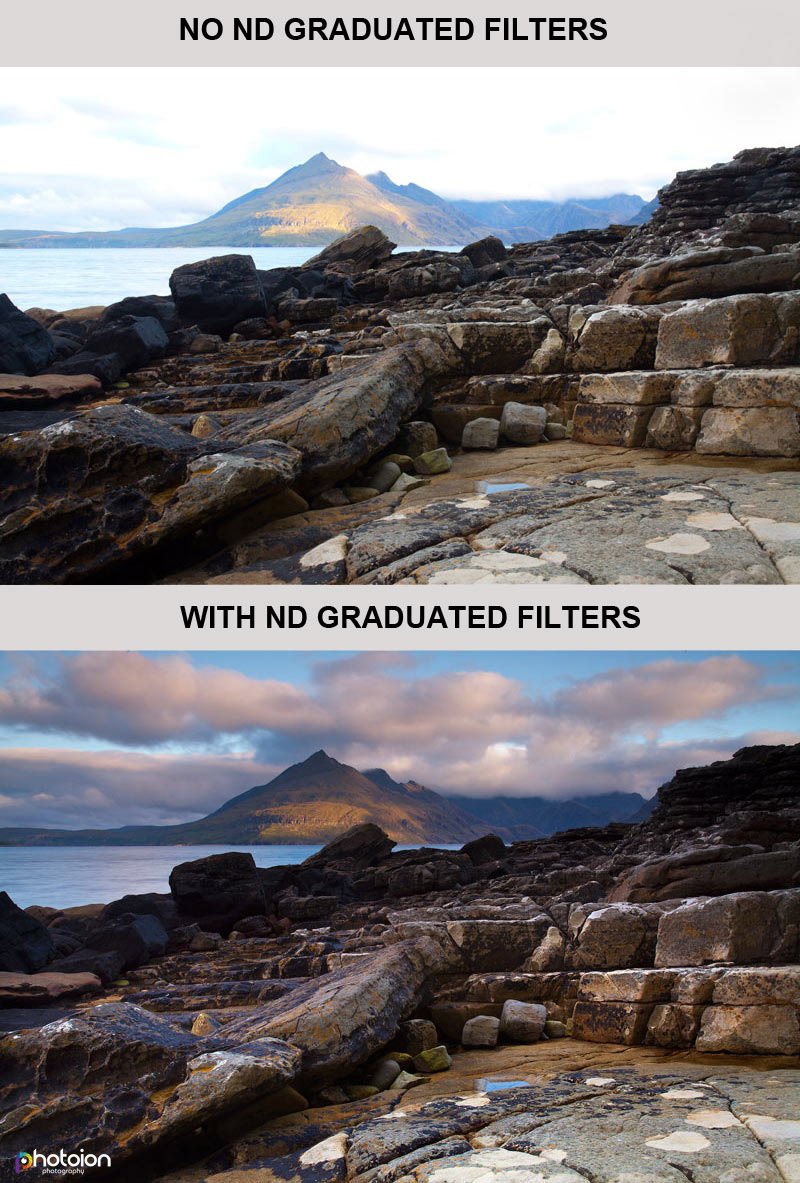
The graduated natural density filter works by filtering more light at the top of the image than the bottom which results in a more even image that is properly exposed throughout.
2. Reverse Neutral Density Filter
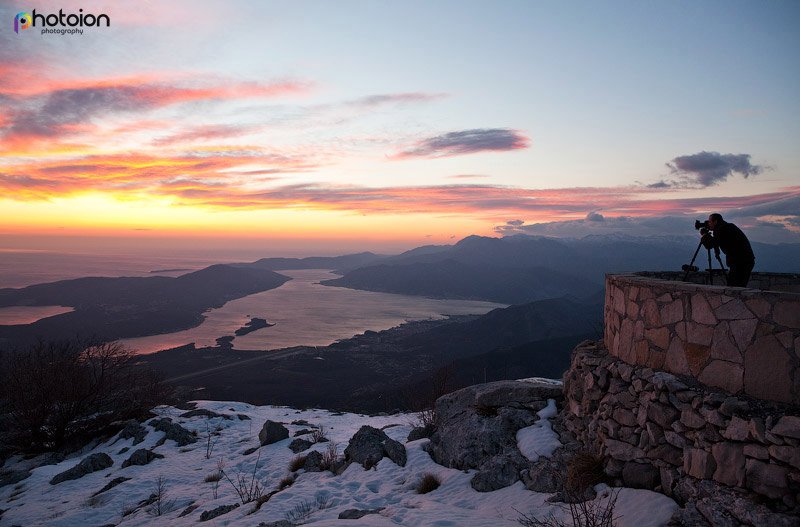
The reverse neutral density filter works on a very similar premise to the graduated neutral density filter by restricting the exposure of certain parts of your image.
These filters are designed for Sunset / Golden Hour photography, where the brightest part of your image will typically be the centre of the frame (just above the horizon). These filters block more of that centre band of the image, a little of the sky, and much less of the foreground, resulting in a properly exposed and even lighting image that looks great.
3. Neutral Density Filter
Neutral density filters are designed to help increase the exposure time of your images and are particularly useful for photographing moving water and clouds.
By using a neutral density filter for shots involving running water you can achieve that smooth dream-like look that makes the water look almost otherworldly compared to its surroundings.
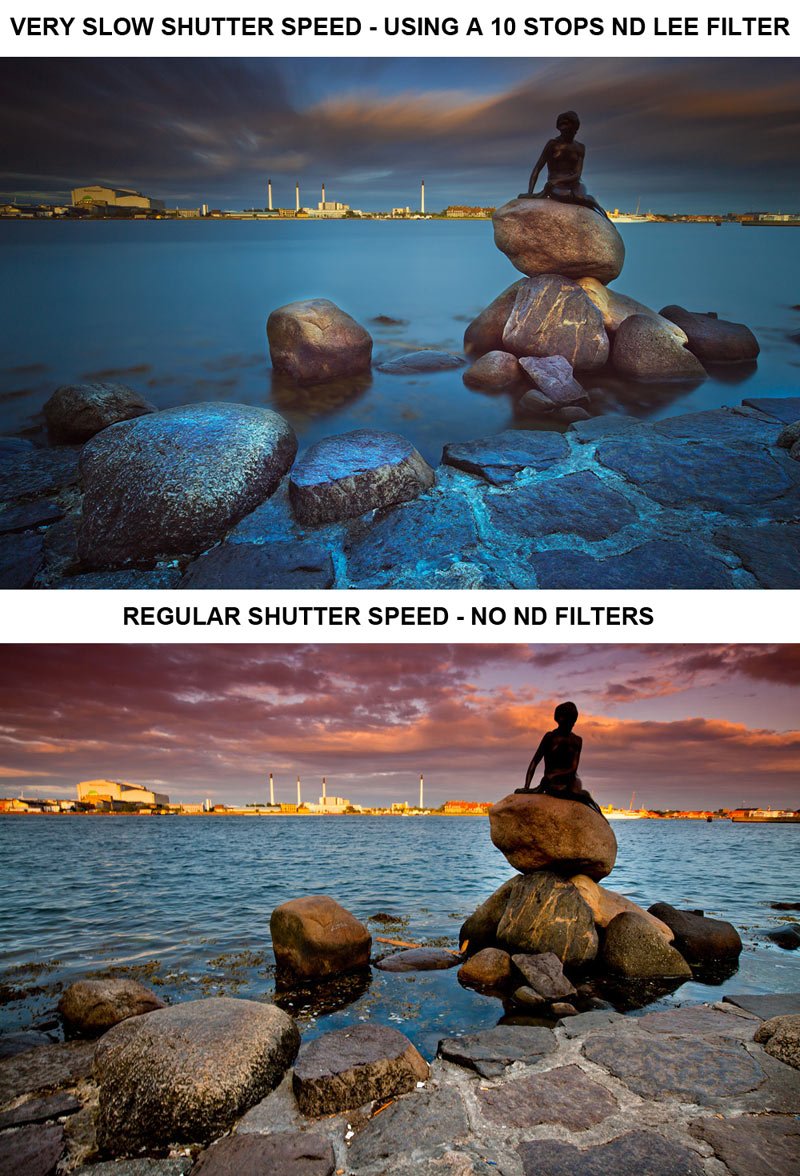
Neutral density filters come in a variety of options measured in F stops to tell you how much light they will stop and how much they affect your image, so it’s always a good idea to carry several filters with you to be as flexible as possible.
Our favourite brand of filters is Lee Filters. Lee Filters have been around for 50 years now and in our opinion, that experience has led to the best quality filters for your camera. Our photography school offers a wide range of Lee filters for our students to practice with during our advanced photography courses.
If you’re interested in how to make the most of the filters talked about in this article, we show you how to use all three in our Advanced Photography Course, which is packed full of different tips and techniques to help elevate the quality of your images.
If you’re interested in improving your images, head to the course page to see all the details.

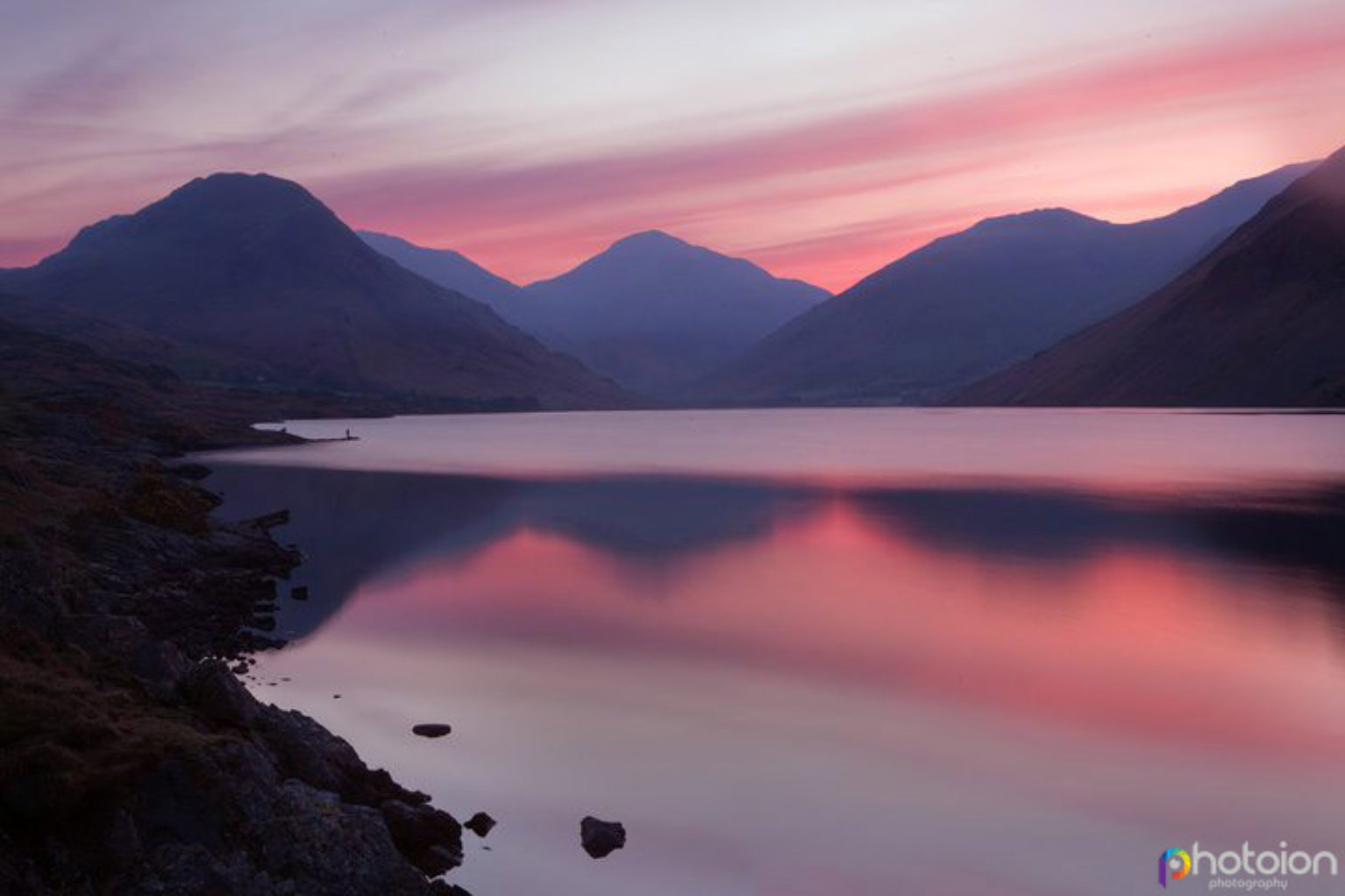

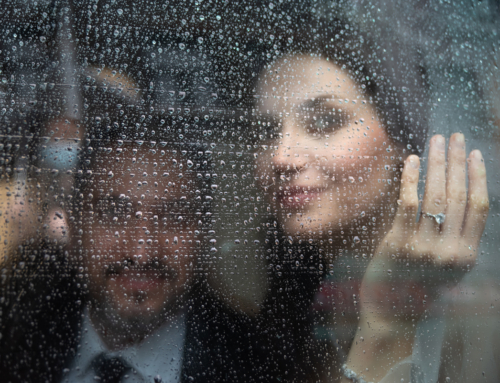
Leave A Comment